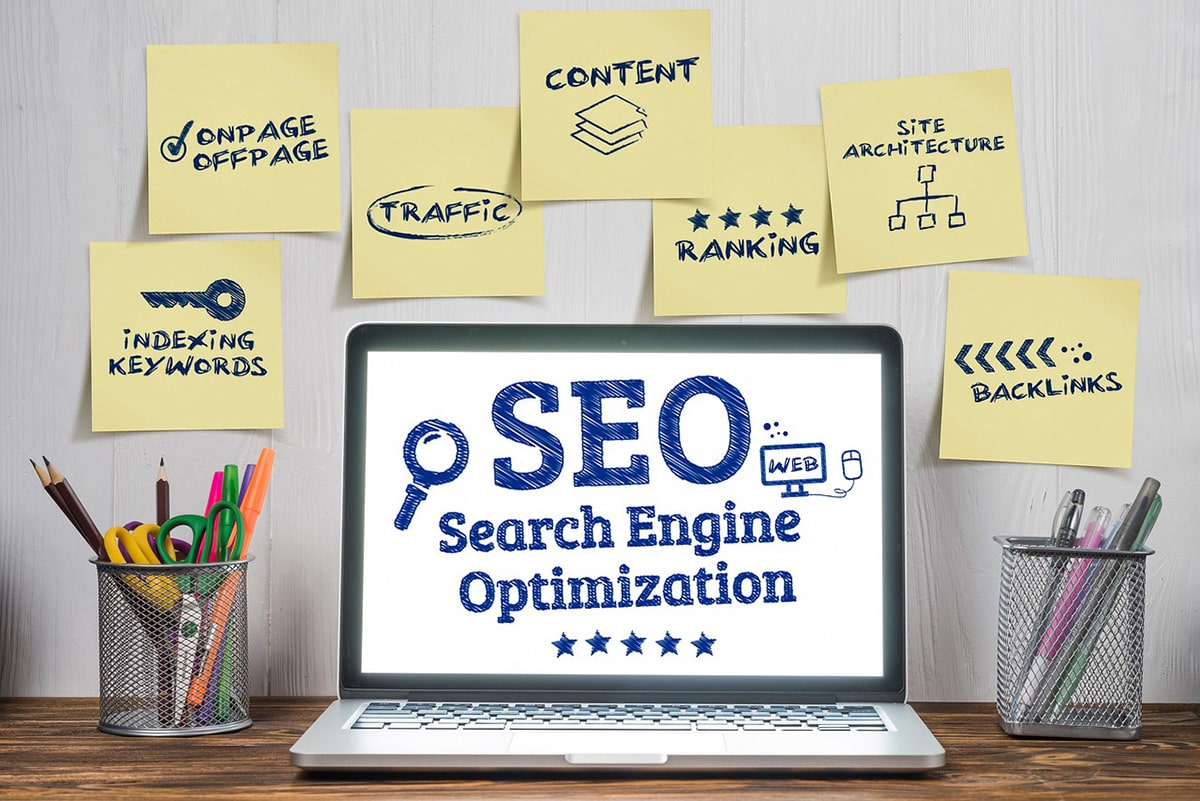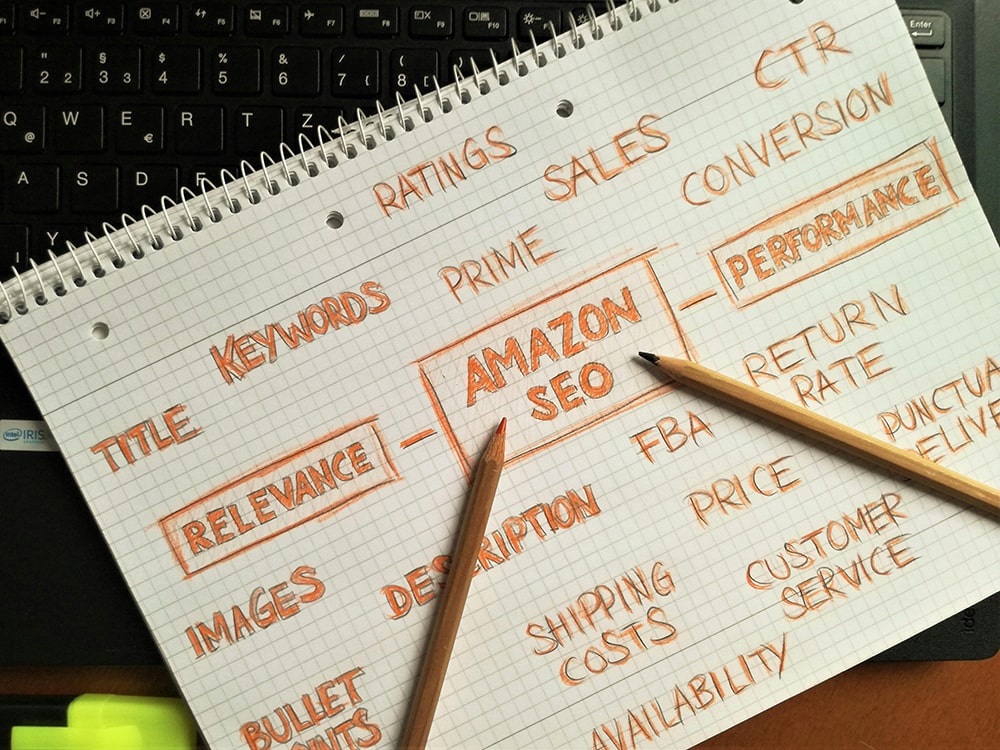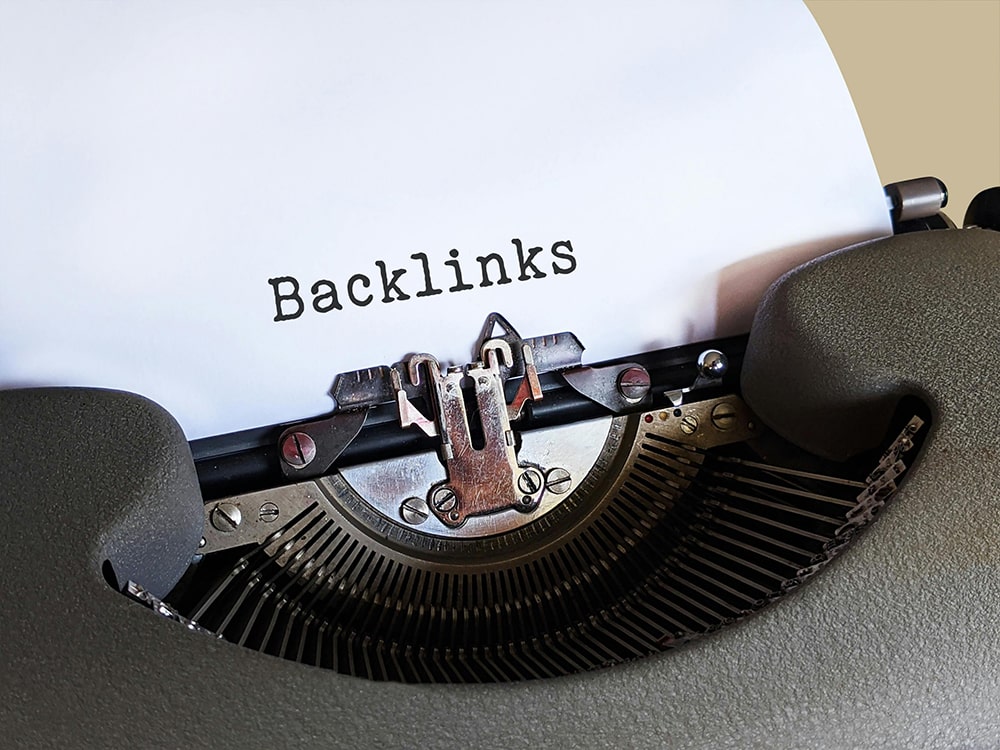
Understanding SEO: The Backbone of Online Success for Businesses and Branding
In the modern digital landscape, having a well-designed website or social media page is not enough to gain visibility, attract customers, and grow your brand. Search Engine Optimization (SEO) plays a crucial role in ensuring your business is seen by the right audience, at the right time, and in the right context. Whether you're a small startup or a large corporation, SEO should be at the heart of your online marketing strategy.
In this detailed blog, we’ll explore what SEO is, why it’s important for businesses and branding, and how various elements like backlinks, keywords, mobile-friendliness, page speed, buzz, user experience, social signals, conversion optimization, and content shares all contribute to a successful SEO strategy.
What is SEO?
SEO, or Search Engine Optimization, refers to the practice of optimizing your website to rank higher in search engine results pages (SERPs). It involves various techniques aimed at increasing the quantity and quality of traffic to your website through organic (non-paid) search results. The goal is simple: make your website more attractive to search engines like Google, Bing, and Yahoo so they rank it higher when relevant search queries are entered.
While SEO is often considered a technical discipline, it also involves creativity and a deep understanding of user behavior. It's about ensuring your site meets the search engines' ever-evolving algorithms while also providing value to your audience. Let’s dive deeper into why SEO is so important for businesses and branding.
Why is SEO Important for a Business?

SEO serves as the gateway through which potential customers find your business online. Here are key reasons why SEO is crucial to your business:
1. Increased Online Visibility: A higher ranking on search engines means more visibility, which translates into more potential customers finding your business.
2. Builds Brand Trust and Credibility: Websites that consistently rank high in search results are often seen as more credible and trustworthy. SEO helps build that authority.
3. Cost-Effective Marketing: Compared to traditional advertising, SEO is a more cost-effective, long-term strategy for driving traffic and generating leads.
4. Competitive Advantage: Businesses that invest in SEO stay ahead of their competitors who don't, gaining market share by appearing first in relevant search results.
5. Improved User Experience: SEO isn’t just about search engines; it's about creating a better experience for your users. Google prioritizes websites that offer excellent user experiences.
Now, let's explore the specific elements of SEO and how each one plays a vital role in boosting your business's online presence and brand identity.
1. Backlinks: The Currency of Authority

Backlinks, also known as inbound links, are links from other websites pointing to your site. They’re a powerful SEO tool because they signal to search engines that your content is valuable and worth referencing.
Why Are Backlinks Important?
Search engines like Google use backlinks as a ranking factor. A site with many quality backlinks is seen as more authoritative, which improves its chances of ranking higher in search results.
How Backlinks Impact Business and Branding:
- Authority: When credible sites link to your content, it establishes your business as an authority in your field.
- Trust: Backlinks from reputable sources build trust, making users more likely to engage with your brand.
Example: If your website receives backlinks from high-authority domains like industry blogs or major publications, it not only boosts your SEO but also enhances your reputation as a reliable source of information.
2. Keywords: Connecting with Your Audience

At the core of any SEO strategy is **keyword optimization**. Keywords are the terms or phrases that users type into search engines to find information. Incorporating relevant keywords into your content helps search engines understand what your page is about.
Why Are Keywords Important?
Proper keyword research allows you to target the specific words and phrases your potential customers are searching for. By optimizing your content with these keywords, you increase the chances of your website appearing in search results when someone looks for products or services you offer.
How Keywords Impact Business and Branding:
- Traffic: Optimizing for the right keywords drives more targeted traffic to your site.
- Relevance: Consistently ranking for important industry terms strengthens your brand’s association with those topics.
Example: A travel agency can optimize its website for keywords like "best vacation spots" or "affordable holiday packages," helping them attract users actively searching for travel solutions.
3. Mobile-Friendliness: Optimizing for a Mobile-First World

With over half of the global web traffic coming from mobile devices, a mobile-friendly website is no longer optional—it’s essential for SEO success. Google now uses mobile-first indexing, meaning it predominantly uses the mobile version of a site for ranking purposes.
Why is Mobile Optimization Important?
A website that isn’t optimized for mobile can experience higher bounce rates, lower engagement, and ultimately rank lower in search results.
How Mobile-Friendliness Impacts Business and Branding:
- User Experience: A seamless mobile experience makes it easier for users to navigate your site, improving engagement and conversions.
- Reputation: A mobile-optimized site reflects well on your brand, showing you’re attuned to the needs of your audience.
Example: An online retailer with a mobile-optimized site will likely see more mobile users complete purchases, driving up revenue and customer satisfaction.
4. Page Speed: Faster is Always Better

Page speed—how quickly your website loads—is a significant ranking factor for SEO. Google and other search engines prioritize fast-loading websites because they enhance the user experience.
Why is Page Speed Important?
Slow websites frustrate users, leading to higher bounce rates (people leaving your site without interacting). Search engines view high bounce rates negatively, and your ranking will suffer as a result.
How Page Speed Impacts Business and Branding:
- Conversions: A faster site leads to higher engagement and more completed transactions.
- Professionalism: A fast website gives the impression that your business is professional and up-to-date with technology.
Example: If your e-commerce site takes more than a few seconds to load, potential customers might abandon their shopping carts, negatively affecting sales and brand perception.
5. Buzz: Creating Hype Around Your Brand

In the world of SEO, buzz refers to the level of excitement or hype surrounding your brand online. This can be generated through social media campaigns, viral content, or positive word-of-mouth.
Why is Buzz Important?
Search engines take notice when your brand is frequently mentioned or linked to across the web. The more buzz you create, the more likely it is that search engines will view your site as relevant and credible.
How Buzz Impacts Business and Branding:
- Visibility: Buzz can help increase organic traffic as people search for your brand or content.
- Engagement: Buzz-worthy content is more likely to be shared and discussed, leading to broader reach and brand recognition.
Example: A successful social media campaign that goes viral can result in a surge of searches for your brand, driving significant traffic to your site and boosting its ranking.
6. User Experience (UX): Keeping Visitors Engaged

A well-optimized user experience (UX) is critical for SEO. Search engines reward websites that provide a smooth, intuitive experience. If users can easily navigate your site and find what they need, they’ll stay longer and engage more, which sends positive signals to search engines.
Why is UX Important?
Good UX keeps visitors on your site longer, reduces bounce rates, and encourages more interaction, all of which contribute to better search engine rankings.
How UX Impacts Business and Branding:
- Engagement: A positive UX increases the likelihood that visitors will stay on your site, browse multiple pages, and convert into customers.
- Perception: A well-designed, user-friendly website enhances your brand’s credibility and professionalism.
Example: An e-commerce site that makes it easy to navigate between categories, filter products, and check out quickly will likely see higher conversion rates and better SEO performance.
7. Social Signals: Amplifying Your Reach

While social signals (likes, shares, comments) are not direct ranking factors, they can significantly impact your SEO. High social engagement can increase traffic to your website, which in turn improves your SEO.
Why Are Social Signals Important?
Content that gets shared frequently on social media tends to attract more visitors, which can lead to increased visibility and better rankings over time.
How Social Signals Impact Business and Branding:
- Traffic: Social media shares can drive substantial traffic to your site.
- Brand Awareness: High social engagement helps create a buzz around your brand and can lead to greater recognition.
Example: A blog post that receives hundreds of shares on platforms like Facebook or LinkedIn can attract new visitors, expand your audience, and boost your SEO.
8. Conversion Rate Optimization (CRO): Turning Traffic into Sales

Conversion rate optimization (CRO) focuses on improving the percentage of visitors who take a desired action on your site, whether that’s making a purchase, signing up for a newsletter, or filling out a contact form.
Why is CRO Important?
Driving traffic to your site is only half the battle. The real challenge is converting that traffic into leads or customers. A well-optimized site that encourages users to take action can significantly improve your bottom line.
How CRO Impacts Business and Branding:
- Revenue: Higher conversion rates mean more sales and business growth.
- Customer Satisfaction: A smooth conversion process creates a positive experience, improving customer satisfaction and brand loyalty.
Example: By optimizing landing pages with clear calls-to-action (CTAs) and a user-friendly design, an online service
provider can increase the number of visitors who sign up for their service.
9. Content Shares: The Power of Viral Content

Finally, content shares—when users share your blog posts, articles, videos, or other content—are an essential element of modern SEO. The more your content is shared, the more people it reaches, driving traffic and potentially improving your search engine rankings.
Why Are Content Shares Important?
Shares amplify your content’s reach, exposing it to new audiences and generating additional traffic to your site.
How Content Shares Impact Business and Branding:
- Brand Awareness: Shared content spreads your message and boosts your brand’s visibility across platforms.
- Traffic Growth: Viral content can lead to a surge in organic traffic and improved SEO performance.
Example: A well-researched article on industry trends that gets shared widely on LinkedIn can position your brand as a thought leader, attracting more visitors to your website and enhancing your reputation.
Conclusion

SEO is more than just a technical discipline; it’s a critical aspect of your online presence that influences how people find, interact with, and perceive your brand. By understanding and implementing SEO strategies such as backlink building, keyword optimization, mobile-friendliness, and improving page speed, you can significantly increase your visibility, grow your brand authority, and ultimately drive business success.
In a digital world where competition is fierce, mastering SEO is not just an option—it’s a necessity.



Leave a Reply